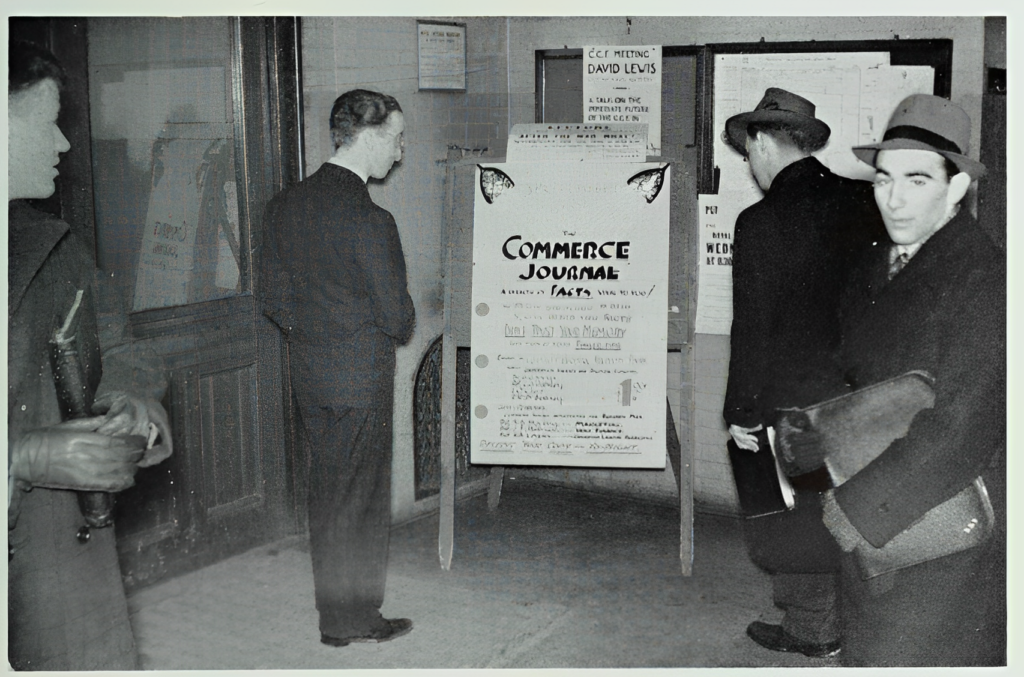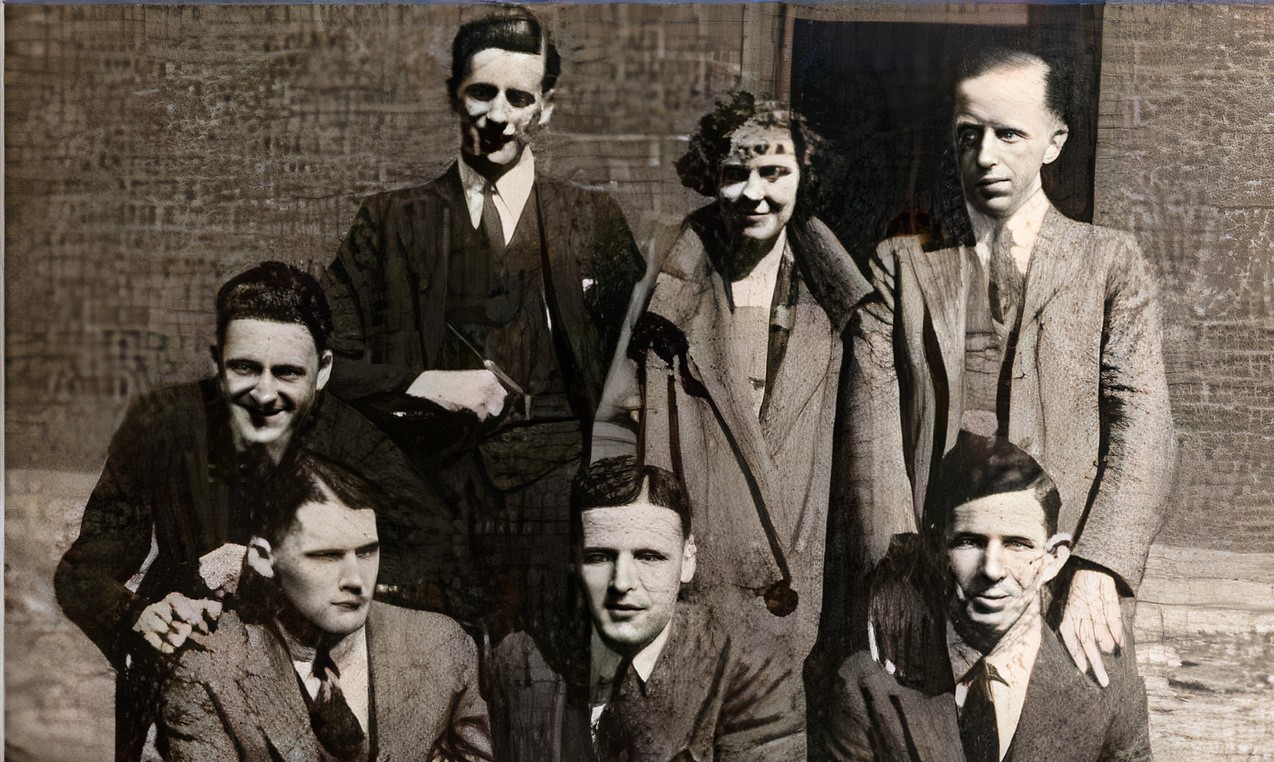
The early years
While the first BCom degrees were awarded at the University of Toronto almost 100 years ago, the history of commerce at this university extends back further to the turn of the century and is, in fact, linked to the establishment of the first Bachelor of Commerce degree in the British Empire.
In 1888, Englishman William Ashley (later to become Sir William Ashley) was appointed the University’s first Professor of Political Economy and Constitutional History, a move that presaged the institution’s burgeoning interest in the teaching of economics and finance. Ashley moved on to Harvard in 1892, returning to England shortly thereafter to establish the School of Commerce at the University of Birmingham, where he founded the program that led to Commonwealth’s first BCom degree. Despite his short tenure in Toronto, Ashley maintained an influence here through his hand-picked successor, Scotsman James Mavor, with whom he kept in contact.
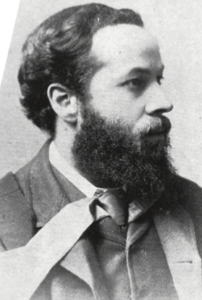
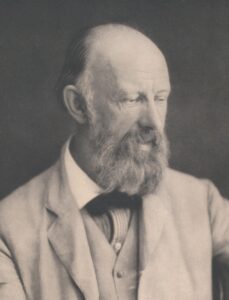
Industry asks for more
It was Mavor who introduced the first formal post-secondary recognition of commerce at U of T, creating a two-year diploma course in the subject in 1901 at the request of the Toronto Board of Trade and the Canadian Manufacturer’s Association. Beginning in 1909, students at the University could enrol in a four-year Honour course in Commerce and Finance, culminating in a Bachelor of Arts degree. This program was based on the University of Birmingham model introduced by Ashley – the aim of which was “to produce cultured men who would become leaders in the world of commerce”1 – and encompassed the study of economics, economic history, accountancy, corporate finance, actuarial science, economic geography, commercial law, foreign languages, and classics.
Birth of the U of T BCom
It was not until 1920, however, that the actual Bachelor of Commerce degree program appeared on the books under the purview of the Faculty of Arts. The 1920-21 Calendar for the University of Toronto introduced the aims of the program thus: “It is proposed in establishing this course to prepare [students] not only for business and commercial life generally, but also for Consular Service and the foreign representation of Canadian firms.”2
Our first graduates
Twenty-five students enrolled in the new program in the fall of 1920; only seven – six men and one woman – remained to convocate with the University’s first Bachelor of Commerce degree in 1924.
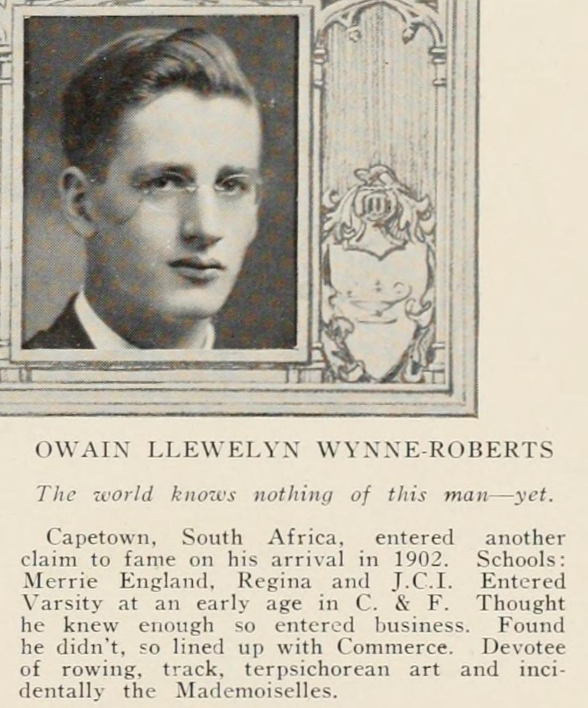
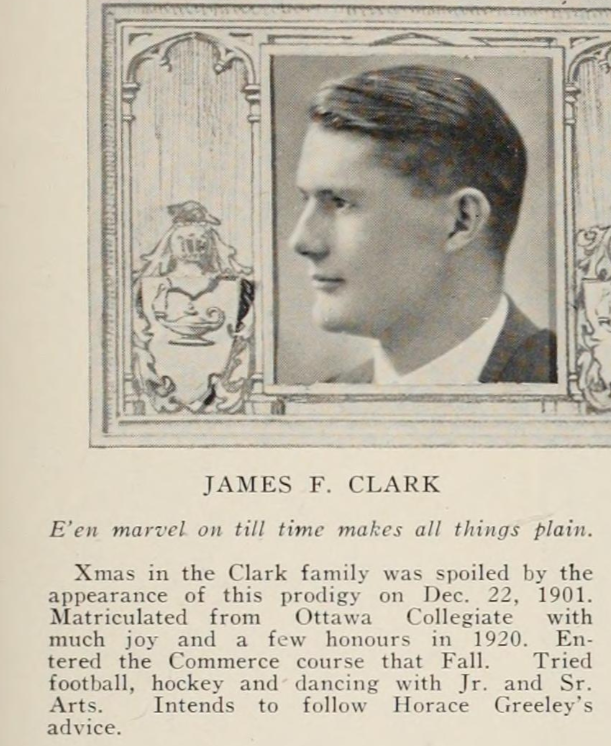
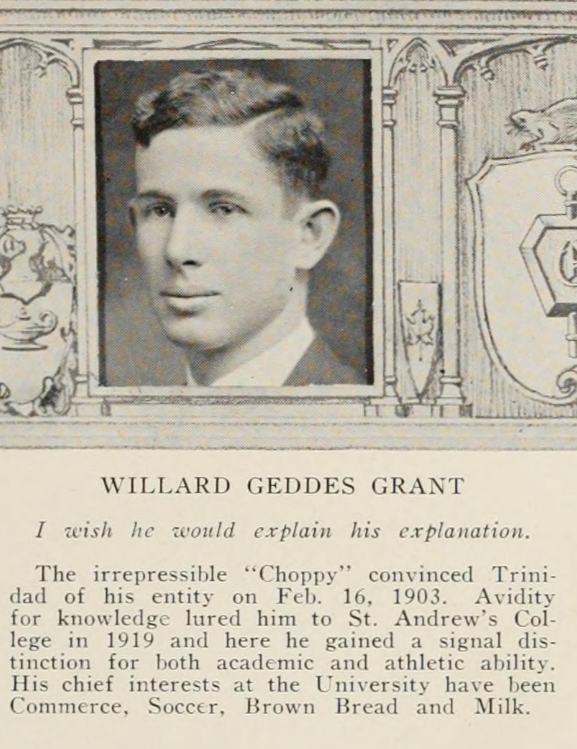
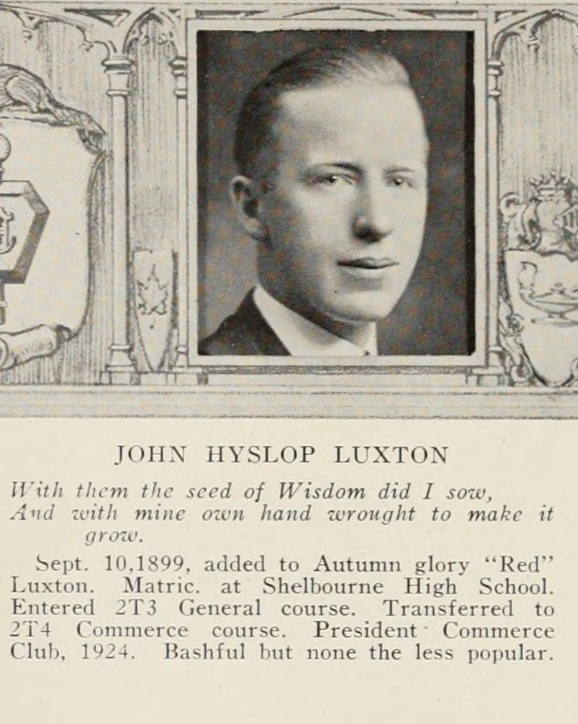
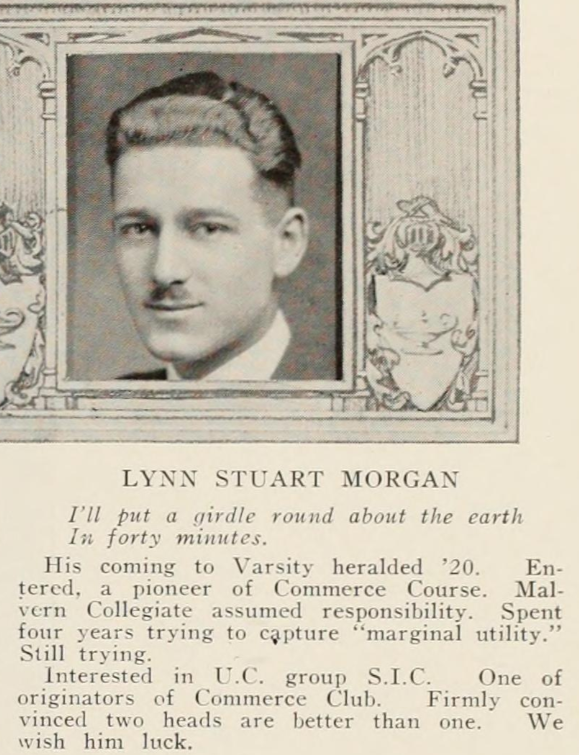
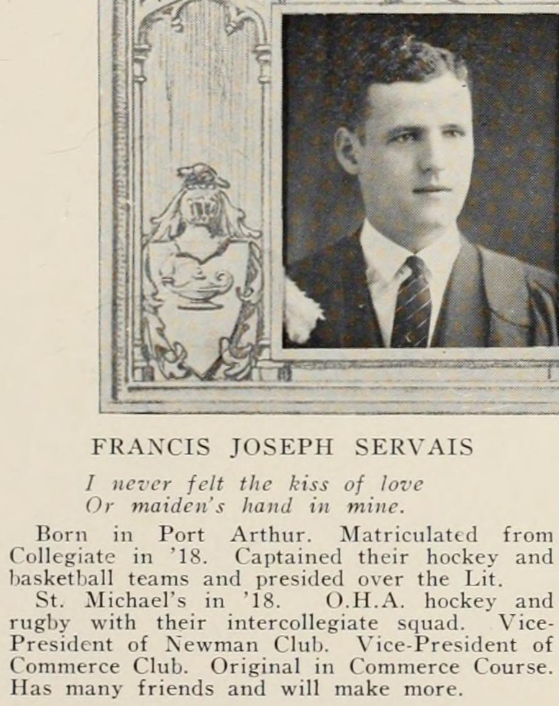
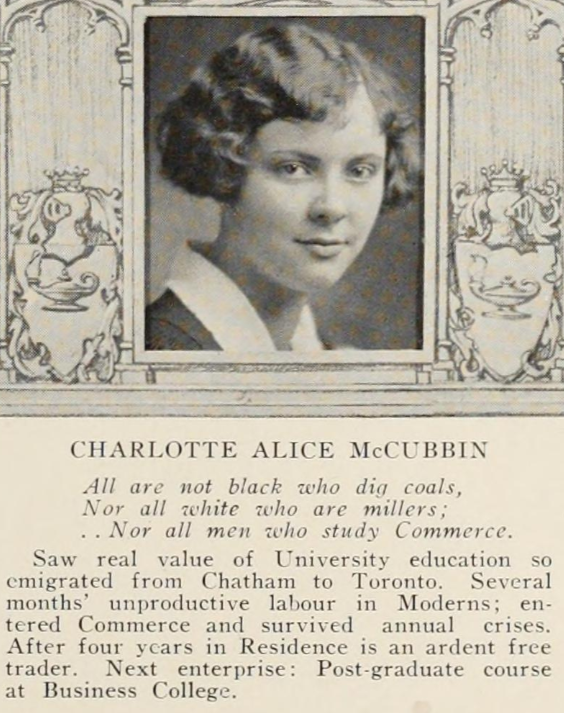

It all began with political economy
The early history of the Bachelor of Commerce program is inextricably linked with that of the Department of Political Economy, from which most of the faculty was drawn. Notably, Commerce and Finance (C&F), as it was commonly called, remained a course within the Faculty of Arts, even as several American universities began to offer commerce studies in schools or faculties of their own. The reasons for this lie in the ideological opposition of key members of the Department of Political Economy to the teaching of commerce in such an annex.
It is proposed in establishing this course to prepare [students] not only for business and commercial life generally, but also for Consular Service and the foreign representation of Canadian firms.
Importantly, this objection was not rooted in any territorial jealousness, but rather in the firmly held belief that the mission of the university was to offer a purely academic education rather than a training in the trades. Professor Robert MacIver, who succeeded James Mavor as Head of Political Economy in 1922 argued that “it was not desirable to add technical or semi-professional subjects … of a kind that would suggest any direct training in the actual conduct of business.”3

Year 3 examination papers for Political Economy 1911 (courtesy University of Toronto Archives)
The program evolves
In 1926, the Honour course in C&F that lead to a Bachelor of Arts degree was removed from the university’s offerings and the thirty-nine students that graduated in Commerce and Finance in 1927 all received Bachelor of Commerce degrees. By 1931, however, a commerce major (at that time called the Pass Course in Commerce) leading to BA was instituted to accommodate students who “had been interested only in receiving a training along the lines of Commerce and Finance.”4 Both streams proved extremely popular, and by 1932, sixty-three BCom degrees were conveyed, along with twenty-seven BAs with a commerce focus.
Our first home

The Political Economy faculty in front of Baldwin House in 1933. (courtesy of University of Toronto Archives)
From its inception, the program (and the Department of Political Economy) had been housed at Baldwin House (now the Centre for International Experience) on St. George Street, but it soon outgrew the space, and in 1933, it moved to the old McMaster University building at 273 Bloor Street West – the current home of the Royal Conservatory of Music.
This article was adapted from A Brief History of Commerce at the University of Toronto, a booklet prepared in 2014 to mark the 90th anniversary of Rotman Commerce’s first graduating class.
Lead photo: first graduating class, 1924 (courtesy Charlotte O’Brien)
1 Sawyer John A., The Rotman School: An Historical Perspective 1901-1998 (unpublished manuscript, 1998), 13.
2 University of Toronto, The Calendar of the University of Toronto for the Year 1920-1921 (Toronto: University of Toronto Press, 1920), 230.
3 Drummond, Ian M., Political Economy at the University of Toronto: a History of the Department, 1888-1982 (Toronto: Faculty of Arts and Science, 1983), 55.
4 Torontonensis, Yearbook of the University of Toronto 1931 (Toronto: University of Toronto, 1931), 76.
